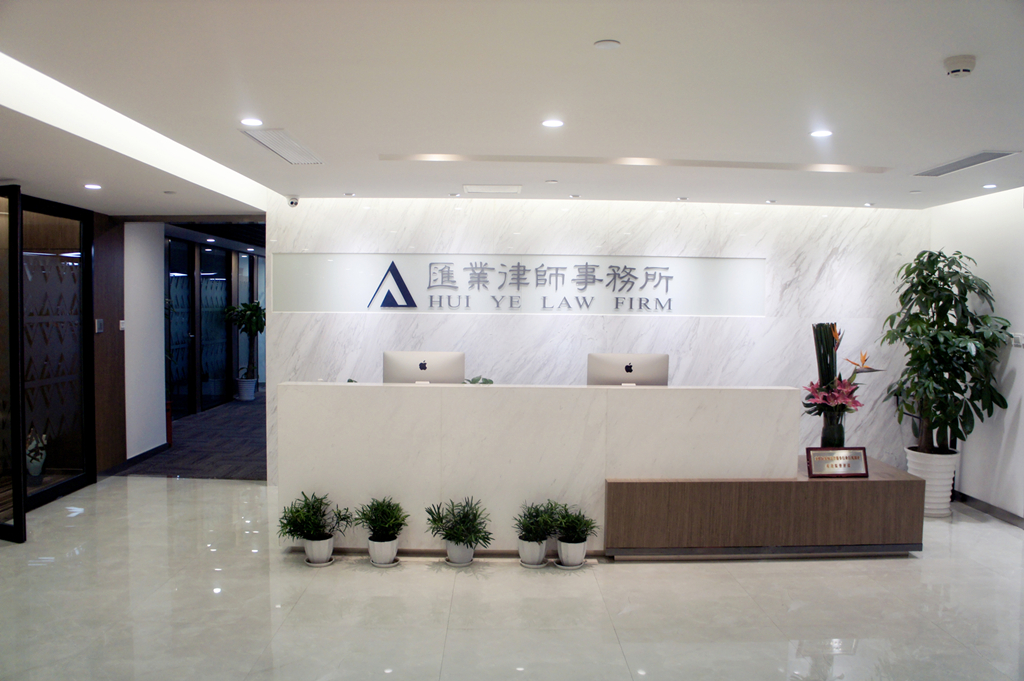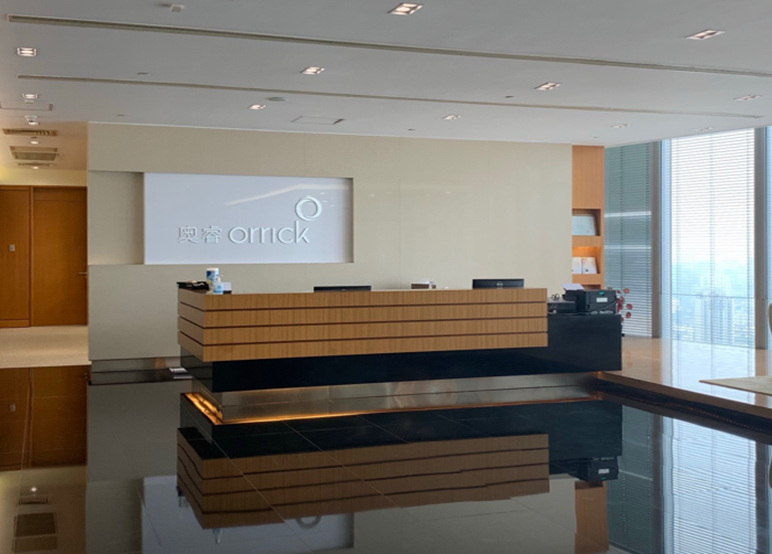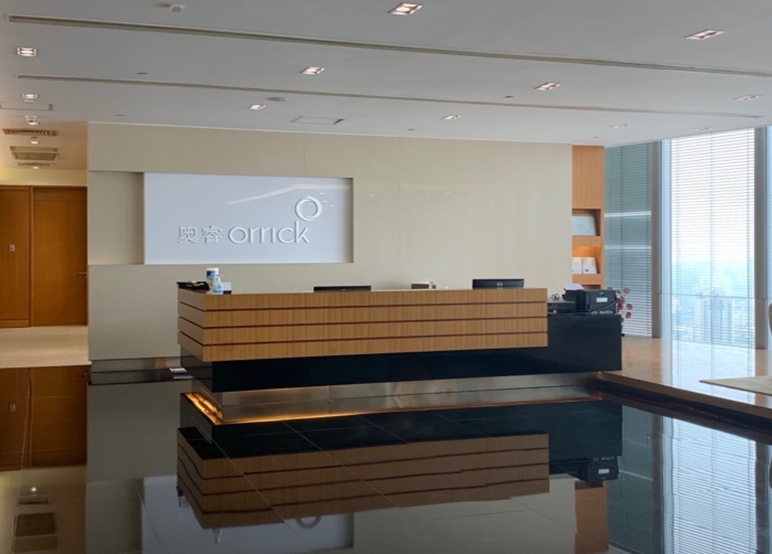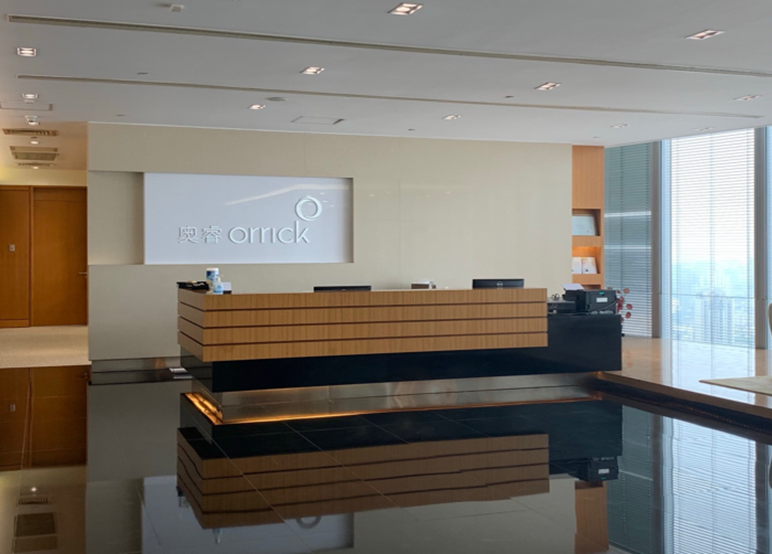recently, Internet service provider (ISP) Cox (Cox Communications) A writ of appeal was filed, Asking the court to set aside a verdict handed down by a jury in a liability lawsuit brought by major record labels 10 A $100 million award.
Cox argued that it was wrong to be found liable for pirated subscribers. Cox thinks, The music industry is waging war on the Internet, If the verdict stands, The Internet will lose its freedom.
2019 End of the year, Cox lost a legal battle with the major record label groups. After a two-week trial, A jury in Virginia ruled, Because the ISP Failed to disconnect repeated infringers, So it should take responsibility for its pirate subscribers, And ordered it to pay 10 Billions of dollars in damages. Cox was disappointed by the decision, Then asked the court not to consider the jury's decision, Direct adjudication.
In addition, The company also said, Should be reduced "shocking" High damages. The court rejected both requests, The original damages award was upheld. Despite setbacks, Cox didn't give up.
The company believes that, The court's ruling is not just a disaster for Internet providers. If the ruling stands, This will also have a huge impact on the public. Cox filed his appeal shortly before, Cox submitted his opening statement to the U. S. Court of Appeals for the 4th Circuit, Hoping to overturn the lower court's ruling. The complaint begins by discussing the historical background of the lawsuit.
Cox's lawyer wrote: "The music industry is waging war on the Internet. " First of all, Music companies hound thousands of file-sharers and software firms, Napster, for example (Napster) . When these strategies do not have the desired effect, Internet providers are the new target. "Therefore, Making a move on Napster 15 After the year, The music industry has adopted a more aggressive new strategy: Attack the Internet itself, Sue ISP——Cable and phone companies, Such as the Internet service defendant Cox. "
How do you deal with repeated infringers and the whole debate is about that ISP The legal liability of pirate subscribers is developed. According to the law, Internet service providers must adopt and properly enforce a policy, Allow them to terminate repeated infringers' accounts if appropriate. but, According to the music company, That means no matter what, right, ISP The account must be terminated after a few notices of infringement from the owner.
however, Cox and others ISP Has been very hesitant about disconnecting subscribers, Partly because they think disconnecting an entire company or home from the Internet is "inappropriate" . Cox reiterated that position in his appeal brief. An operation that cannot be performed "The plaintiffs claim that the rule of law requires ISP Perform operations that cannot be performed.
ISP Will have to be based on some isolated, Allegations that may not be accurate, Disconnect an entire home or business from the Internet——Cut off their lifeline, Means of livelihood and social connections. " Cox added: "Or they will invade our privacy by developing new features, Monitor our Internet use 24/7, To detect illegal activity. At that time, The Internet will never be the same. " That doesn't mean Cox ignores piracy. The company was actually the first in the United States to implement its own "Hierarchical response" System to solve copyright infringement problems ISP One of.
however, According to the music company, The system's warnings and temporary disconnections are not enough. So Cox says, For various reasons, The lower court and jury were wrong to side with the record companies. Indirect tort Cox's first argument is, when ISP When not profiting directly from piracy, No indirect liability shall be assumed for pirated subscribers. "Cox didn't get it from tort 'Direct economic benefit' . Regardless of infringement, Its subscribers all pay the same flat fee for Internet service. It was never Cox's financial interest for subscribers to download songs. " besides, Cox stresses that it cannot be controlled or monitored 600 The behavior of ten thousand subscribers. It is impossible to block or police infringing activities, It shall not bear indirect liability. Joint trespass Cox argues, The joint tort liability ruling should also be overturned.
The district court erred in concluding——Past infringement notices give Cox ample reason to believe that subscribers will pirate again in the future. In addition, Cox also said, The district court found it guilty of piracy "Have a material impact" It is also wrong to conclude that it is simply because people can use an Internet connection to pirate. "Which means Cox can't just because people are going to infringe on the Internet 'General understanding' Take the responsibility; contrary, The plaintiff must prove that Cox should be held liable 'Specific infringement' . " Excessive damages in addition to overturning the indirect and joint tort liability award, Cox also said, 10 Billions of dollars in damages is also wrong. This figure covers thousands of works that should not have been counted, Many times higher than the actual damage. "
The district court's error resulted in the largest compensation award in history. 10 The $100 million award goes well beyond the damages caused by the infringement——It was caused by illegal downloading 69. 2 Ten thousand dollars in damages——And Cox's culpability. " Cox says it doesn't directly infringe on any music, Nor does it encourage anyone to infringe. Its responsibility is to keep subscribers connected longer than the music companies would like. Cox wants the appeals court to reverse or return the district court's decision. otherwise, The consequences could be devastating.
Cox concludes: "If the verdict is upheld, The ruling will boost the interests of the music industry, Not blameless ordinary people who rely on the Internet. The consequences would be devastating. "
(Compiled from torrentfreak. com)
Reprinted from China Intellectual Property Network translation: Wang Dan proofread: Rason group
disclaimer: This website reprint articles are from the Internet, Does not represent the views of this website or confirm the authenticity of its content. If the source is mislabeled or the copyright of the article is involved, Please contact this website, This website will be corrected in due course, delete, thank you.

Safeguard the rights of economic and trade hotspots












